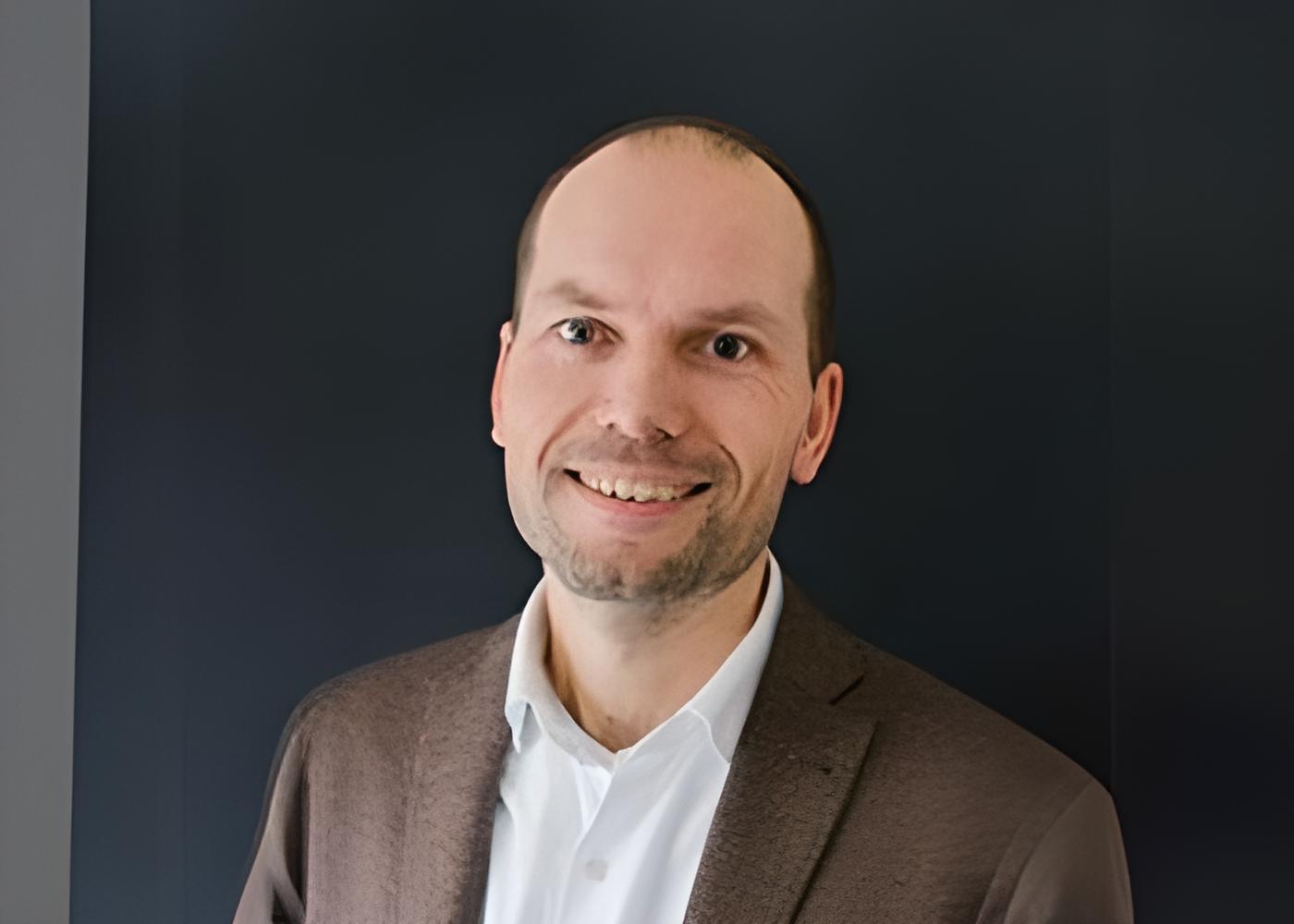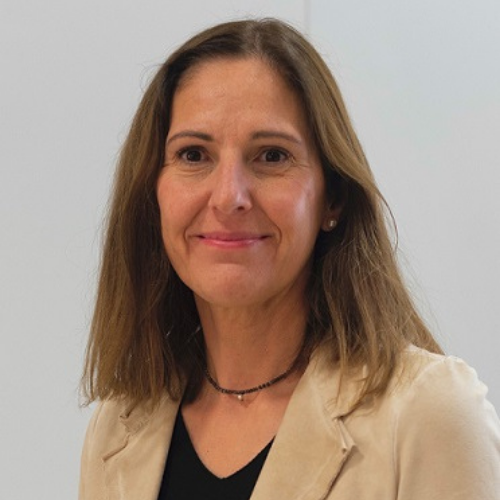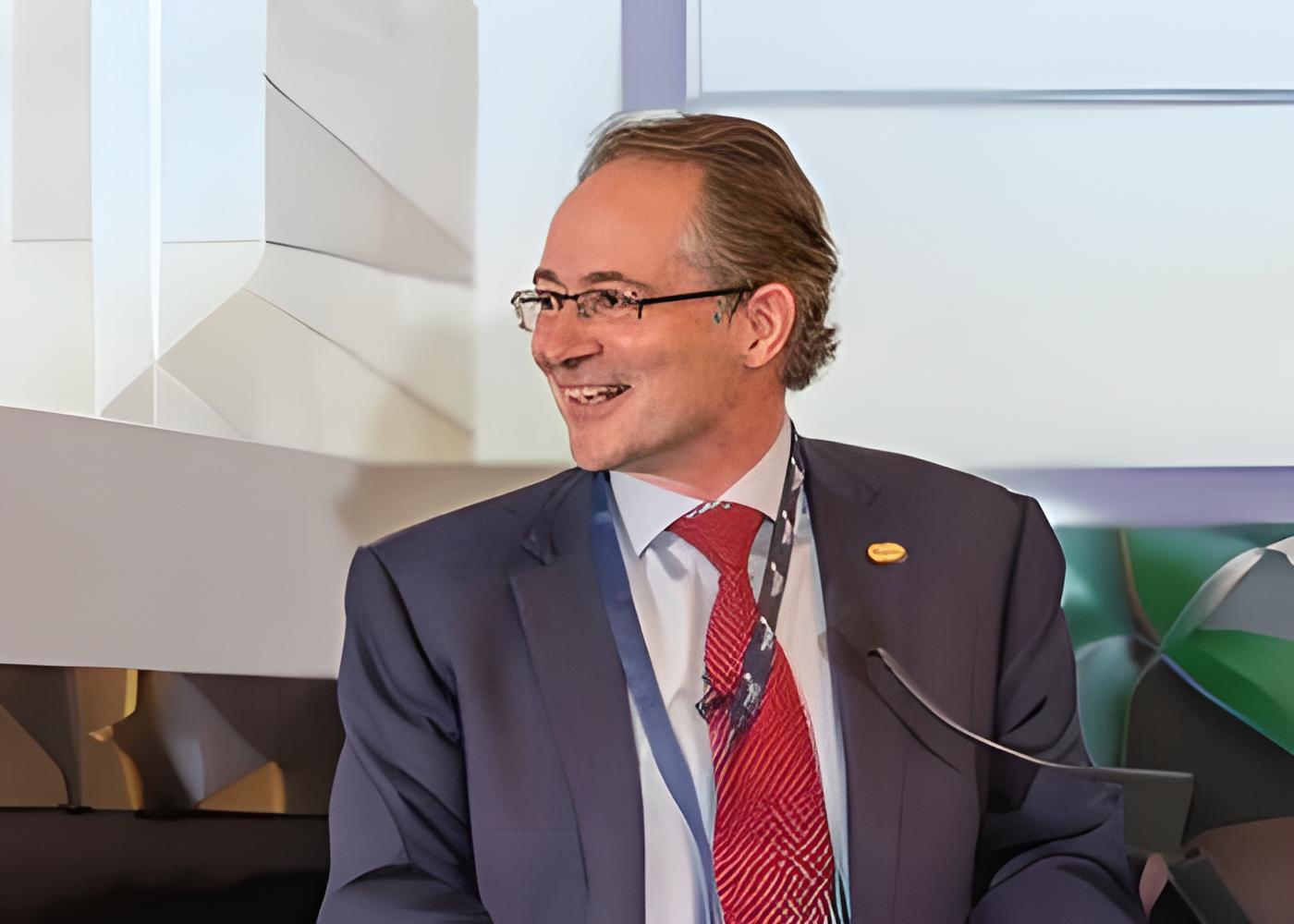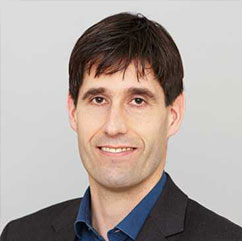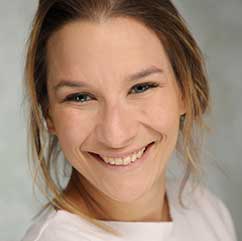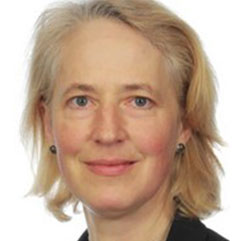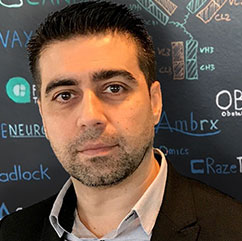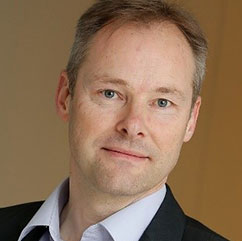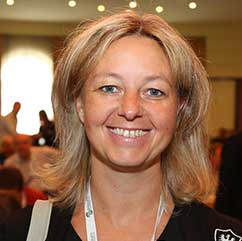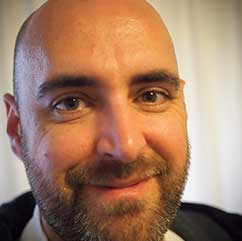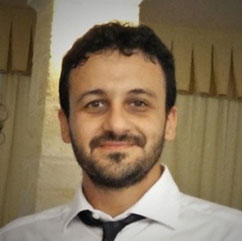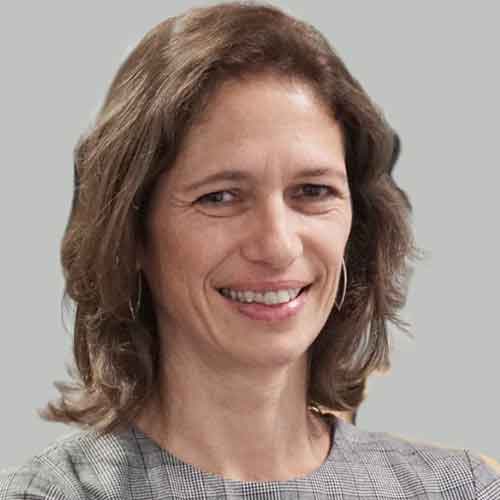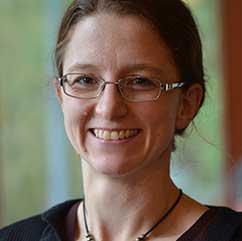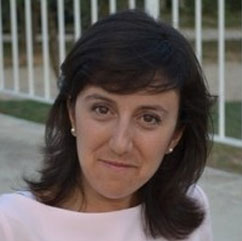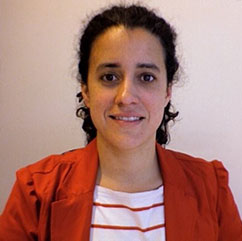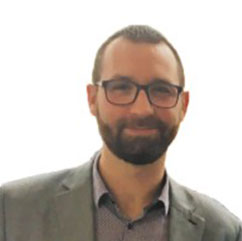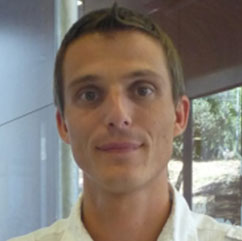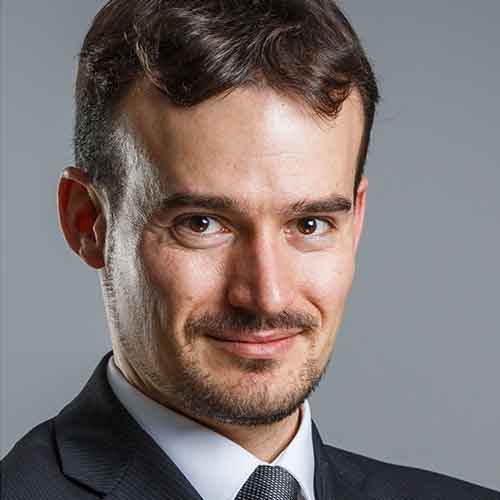Building a Successful Knowledge Transfer Office is a vital course for institutions seeking to bridge the gap between academic research and commercialisation opportunities.
Whether you're setting up a new KTO or enhancing an existing one, Building a Successful Knowledge Transfer Office offers essential guidance for institutions seeking to establish or develop effective units in the dynamic field of knowledge transfer. Through practical case studies and interactive sessions, participants will learn about the structures, approaches and policies needed to bridge the gap between academic research and commercialisation opportunities.
Why join this course?
This three-day course provides a framework for establishing or running a successful Knowledge Transfer (KT) operation within a university or research organisation. Although each organisation approaches its KT activities differently, many of the core challenges faced by Knowledge Exchange (KE) leaders are similar.
The course has been designed by KT Directors with decades of experience in structuring offices and managing the challenges of delivering long-term outcomes and impact — often with short-term resources and staffing — while working with institutional stakeholders who may have limited KE experience but high expectations.
The course explores how to develop an effective KT strategy, build trust with researchers, attract and retain the right KE staff, and implement robust policies, systems, and processes. The interactive sessions include case studies and practical examples of KTO operations, with ample time to share experiences and discuss common issues. Delegates will also be able to explore new trends and emerging challenges in KT and consider how to approach these.
Who should attend?
This course is for individuals who are developing new KTOs or reshaping existing ones, as well as for experienced KT practitioners who wish to gain a deeper understanding of how to bring together all the elements needed to grow a successful KTO. The course provides an excellent foundation for those aspiring to leadership roles — including Director positions — within a KTO, as such responsibilities will inevitably involve designing the operations required to conduct a KTO’s business.
This course is practical and relevant, so we would like participants to have some operational management experience and current responsibilities within their unit. It is sufficient that they recognise there is room for improvement and that better systems exist. This way, the scenarios we discuss are more likely to resonate, provide a stronger basis for learning, and enable richer exchanges with fellow participants.
Learning Objectives
- Understand the context of KT within the organisation
- Explore organisational frameworks for KTOs
- Development of strategic goals, KPIs and financial drivers
- Professionalise KT processes, policies, contracts and agreements
- Encourage and incentivise academic engagement
- Development of strong teams
- Effectively engaging stakeholders and partners
Course Topics
- The environment for KE and the role of the KTO within the organisation.
- Identifying and supporting your customers
- The organisational models for a KTO and what wider entrepreneurial ecosystem do you need to be part of?
- Creating and supporting a motivated team
- Professionalising your KT processes, policies and agreements
- Setting KPIs, Understanding your Value and reporting upwards
- Building an effective KTO strategy
- Getting buy-in - Marketing your KTO
- Reshaping your unit to respond to new trends and challenges
- Programme
- Speakers
- Venue
Programme
-
Wed 28 January 2026
-
09:00 - 09:30 Course introduction
In this opening session the Course Directors outline what to expect from the days ahead and ask the delegates to describe any particular challenges they are experiencing.
-
09:30 - 10:30 The environment for KE and the role of the KTO within the organisation
Sometimes KTOs are expected to do the impossible. Discussion on the challenging environment for KE in universities and the implications for KE teams and their roles.
-
10:30 - 11:00 Coffee Break
-
11:00 - 12:30 Who is the customer? And are they always right?
Case study to consider the risks of an academic-led approach championed by a head of an academic department.
Delegates work together to explore KT mandate and objectives, the tasks of the KTO, stakeholder expectations and management, and critical success factors.
-
12:30 - 13:30 Lunch
-
13:30 - 15:00 The organisational models for a KTO
The evolution of different models for organising a KTO and possible funding models. Should teams be organised vertically or horizontally? Are they coaches and supporters of the academics or drivers of business and activity?
Do they provide technical IP and legal support only or also market engagement and sector-focused partnerships? What stakeholder or steering groups are useful and which are not?
Delegates explore how these models support the mandate and objectives of the KTO and consider how to improve them.
Delegates reflect upon the organisational models of the participants.
-
15:00 - 15:30 Coffee Break
-
15:30 - 17:00 Creating and supporting a motivated team
How can you grow a creative, resilient team of entrepreneurial leaders and keep them motivated through set-backs and the structural challenges that face KTOs? What are the key mechanisms that can ensure retention and personal growth of staff? And what sort of leadership team will you need?
-
17:00 - 18:00 Round up of day 1
-
19:30 - 22:30 Networking Dinner
-
-
Thu 29 January 2026
-
09:00 - 09:15 Course directors intro
Now we know what the TTO is for, how is the TTO working? Is it effective and value for money?
-
09:15 - 11:00 The KTO Strategy - What is your Strategy? - how do you want to spend your time?
This session helps you critically examine how to set strategic priorities across your KTO in the context of your organisation.
We explore the key elements of a business plan and how to use it to create a value proposition for the KTO. We also consider how to use a business plan to demonstrate value for money and get additional budget/resources for your KTO.
-
11:00 - 11:30 Coffee Break
-
11:30 - 13:00 Setting KPIs, Understanding your Value and reporting upwards
This session considers the key indicators that a KTO needs to be looking at to monitor (and prove) its success including the value of its pipeline and wider benefits to the organisation.
Includes managing expectations and monitoring and reporting on the performance and outcomes of your KTO.
-
13:00 - 14:00 Lunch
-
14:00 - 15:30 Professionalising your KT processes, policies and agreements
There are many areas of KT activities for which a clear policy and clear rules and regulations are required.
In this session, the delegates will explore the critical KT policies, processes, agreements, compliance systems and reward mechanisms required to operate a professional KT Office. Delegates are invited to share their operational practices to develop a minimum professional toolkit.
-
15:30 - 16:00 Coffee Break
-
16:00 - 17:15 Supporting risky academic ideas
Some academics have great ideas which might not fit within your existing structures. How do you support them without changing your normal arrangements or losing the ability to manage the additional risks?
In this session we examine the pros and cons of creating, ‘special purpose vehicles’ and how best to structure them.
-
17:15 - 18:00 Responding to delegates‘ challenges
What have we learned so far?
Delegates work in groups to discuss strategies, policies and people issues what they think they have learned so far and what things they could do to build a successful KTO.
-
-
Fri 30 January 2026
-
08:30 - 10:15 Beyond your own KTO: what wider entrepreneurial ecosystem do you need?
How can you shape your wider ecosystem to make a real difference and enhance the performance and impact of your KTO?
Organising your ecosystem: determining the players that need to be assembled (legal, finance, patent agents, marketing; sector specialists etc), their motivations, setting the vision and goals and delivering on them.
Setting up and using funding to drive activity: eg proof of concept schemes and fellowships; Pre Seed Funds; Seed Funds; Incubator Funds and Facilities; Accelerator Funds; Venture Capital; Public Private Partnerships and Funding. And how can you manage these effectively?
-
10:15 - 10:45 Coffee Break
-
10:45 - 12:00 Getting buy-in - Marketing your KTO
A critical component of organising your KTO for growth and success is to convince your internal customers, partners, sponsors and talent to join you in your mission and to persuade external partners that you are the trusted gateway to the University.
We will discuss how to establish your brand with key audiences; how to build internal champions; how to help academics to build good partnerships; how to increase the impact of your work and the recognition your office receives. And consider what works with the least resources.
-
12:00 - 13:00 Responding to delegates‘ challenges
Groups choose a combined response of top things they could do to build a successful KTO and feedback to the whole group.
-
13:00 - 13:15 Course wrap up
-
13:15 - 14:15 Lunch
-
Speakers
Venue
Venue - Hotel SANA Malhoa
Av. José Malhoa 8, Lisbon 1099-089, Portugal
Room Rates at Hotel SANA Malhoa
Single occupancy : €150.00 per night inclusive of breakfast
- Local Tourist Tax 4.00€ per person/day is not included and to be paid upon check out.
- Participants must make their booking through hotel reservation link https://reservations.travelclick.com/95356?groupID=4872262
- The rates is valid for the nights of 27, 28 and 29 January 2026. Should you wish to stay longer, kindly email the hotel directly.
Other Hotels
In the event that Hotel SANA Malhoa is fully booked, please find below other hotels in the neighbourhood. Please note ASTP does not have special arrangement with these hotels.
1. Mercure Lisboa Hotel**** here
2. ibis Lisboa Jose Malhoa** here
3. Hotel Acores Lisboa**** here



